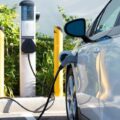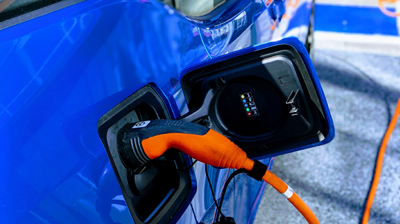In a letter to EU leaders, the newly appointed European Automobile Manufacturers’ Association (ACEA) President, Ola Källenius, has outlined automotive sector priorities to ensure future competitiveness and drive decarbonisation.
A thriving European automotive industry is essential for driving economic growth and competitiveness. The industry faces unprecedented challenges from global competition, geopolitical tensions, and a more complex than anticipated transformation towards electric and hydrogen zero-emission mobility.
In a letter published today addressed to EU leaders, the President of the European Automobile Manufacturers’ Association (ACEA), Ola Källenius, outlines three critical priorities:
- a realistic pathway to decarbonising the automotive industry, one that is market driven, and not penalty driven; find a solution to the disproportionate costs of compliance with the 2025 CO2 target for cars and vans;
- implement recommendations of the Draghi report: create a regulatory framework that enhances the competitiveness of the European industries;
- promote new approaches to create worldwide, mutually beneficial trade relations for the EU to continue benefiting from free and fair trade.

“The European Green Deal must be subject to a reality check and a realignment – to make it less rigid, more flexible and to turn the decarbonisation of the automotive industry into a green and profitable business model.
“Let me be clear: the EU auto industry remains committed to the EU’s 2050 climate neutrality goal as well as the shift to zero-emission transport and mobility,” stated Ola Källenius, ACEA President and CEO of Mercedes-Benz.
The most urgent action that the industry needs now, according to the ACEA, is that the EU finds a solution for compliance burden relief for cars and vans on the 2025 CO2 target.
The ACEA note that political action today could not be more critical, as the latest provisional figures indicate an almost 6% decline in new electric car registrations in 2024. Market share is also on a downward descent, declining by 1% to 13.6%—far from the sharp increase needed to meet stringent CO2 targets in the coming years.









